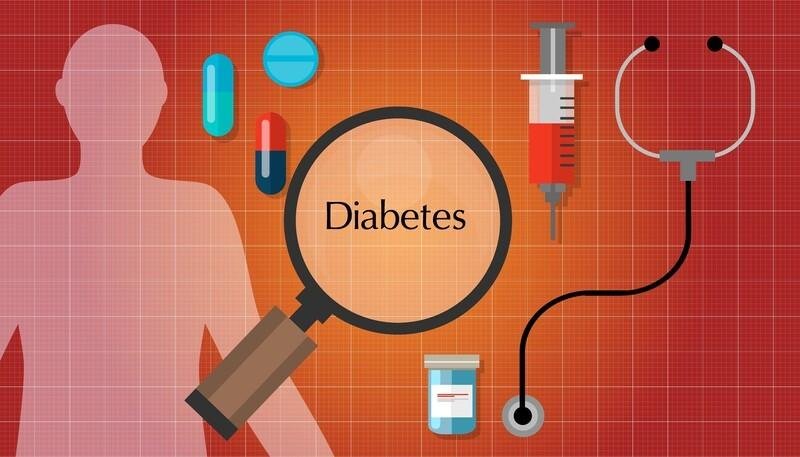Understanding Type 2 Diabetes: A Manageable Journey Toward Better Health

Type 2 diabetes is a chronic metabolic disorder that impacts how the body regulates blood sugar (glucose). It develops when the body either resists the effects of insulin or fails to produce enough insulin, preventing glucose from entering the cells to be used for energy. Without proper management, Type 2 diabetes can lead to serious health complications. However, with proactive care and lifestyle changes, individuals can effectively manage the condition and lead vibrant, healthy lives.
Recognizing Key Risk Factors
Although genetics can influence the likelihood of developing Type 2 diabetes, lifestyle factors often play a more significant role. Major risk factors include:
-
Obesity: Excess body fat promotes insulin resistance.
-
Sedentary Lifestyle: Physical inactivity reduces glucose utilization by muscles.
-
Poor Diet: High intake of sugars and processed foods disrupts glucose balance.
-
Age: Risk increases as metabolic functions slow with age.
-
Family History: A genetic predisposition can heighten the risk.
-
Ethnicity: Certain ethnic groups experience higher rates of the condition.
Identifying Early Symptoms
Since Type 2 diabetes often progresses gradually, early detection is crucial. Common warning signs to watch for include:
-
Frequent urination

Type 2 diabetes -
Persistent thirst
-
Unexplained fatigue
-
Blurred vision
-
Unintended weight loss
-
Slow-healing wounds
Routine screenings and early diagnosis can significantly reduce the risk of complications and set the stage for effective management.
A Holistic Approach to Managing Type 2 Diabetes
Lifestyle Changes: The Foundation of Control
Lifestyle adjustments are essential for managing blood sugar levels and enhancing overall well-being:
-
Balanced Nutrition: Focus on whole grains, lean proteins, fruits, and vegetables.
-
Regular Physical Activity: Activities like walking, cycling, and strength training help improve insulin sensitivity.
-
Mindful Carbohydrate Consumption: Emphasize low-glycemic foods and portion control for better glucose management.
Medical Treatments: Enhancing Control
When lifestyle changes alone are not enough, medical interventions play a crucial role:
-
Oral Medications and Insulin: Help regulate blood glucose and prevent disease progression.
-
GLP-1 Receptor Agonists (e.g., Semaglutide): These innovative treatments not only improve blood sugar levels but also promote weight loss, offering a modern, effective solution for many patients.
Regular monitoring and adherence to prescribed treatment plans are vital for achieving long-term success.
The Power of Support and Education
Continuous Monitoring and Personalized Adjustments
Frequent blood glucose checks allow for timely therapy adjustments, helping patients maintain better control over their condition.
Emotional and Social Support
Support from family, friends, and peer groups strengthens resilience, reduces stress, and encourages healthier habits.
Education as Empowerment
Knowledge about nutrition, exercise, and new therapies like Semaglutide empowers individuals to make informed choices and stay ahead in managing their health.
Conclusion: A Healthier Future is Within Reach
Managing Type 2 diabetes demands a comprehensive approach that blends healthy living, medical support, emotional strength, and ongoing education. Thanks to advancements like Semaglutide and a proactive mindset, individuals can achieve sustained control and significantly enhance their quality of life.
Looking for a Trusted Supplier of Semaglutide and Advanced Diabetes Solutions?
Partner with a dependable pharmaceutical wholesaler dedicated to global health. We specialize in quality-assured bulk supplies, supporting healthcare providers worldwide in delivering transformative treatments for people living with diabetes.

